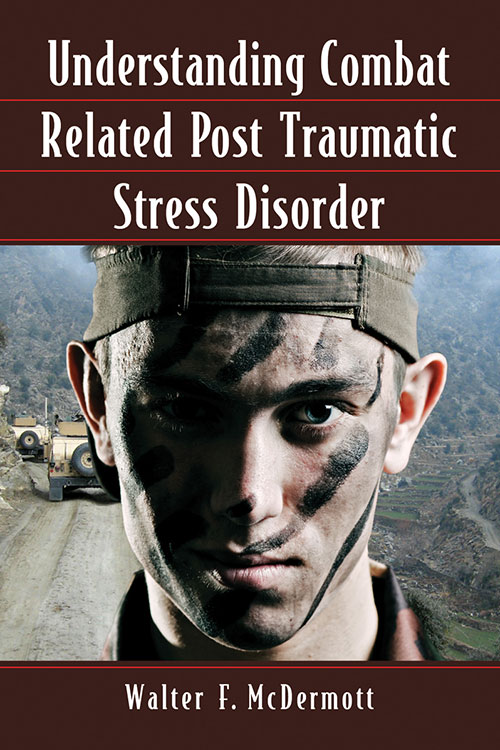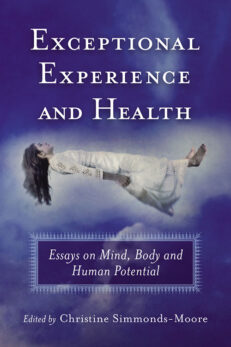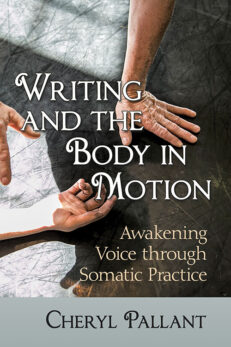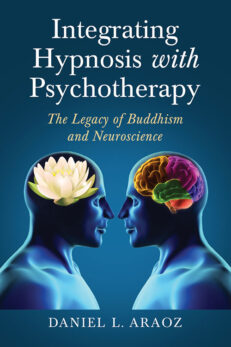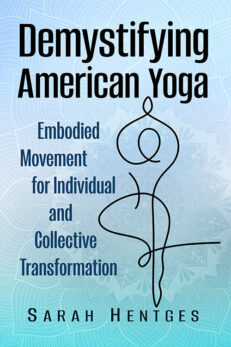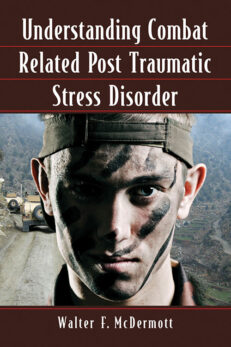Understanding Combat Related Post Traumatic Stress Disorder
$29.95
4 in stock
About the Book
This introduction to the invisible wound of war, Post Traumatic Stress Disorder, explains the historical development of PTSD, its myriad symptoms and the most effective psychological and medical treatments. Combining the basic tenets of cognitive psychotherapy and his own military experience, the author explores such topics as PTSD’s effects on families and spouses, fear and anxiety, memory difficulties, feelings of guilt or anger, depression and suicidal thoughts, and others. Because it is a hidden, psychological wound, veterans afflicted with PTSD may find it difficult to understand their symptoms. Veterans and their families can better understand PTSD by reading this book.
About the Author(s)
Bibliographic Details
Walter F. McDermott
Format: softcover (6 x 9)
Pages: 210
Bibliographic Info: notes, bibliography, index
Copyright Date: 2012
pISBN: 978-0-7864-6946-8
eISBN: 978-0-7864-9096-7
Imprint: McFarland
Table of Contents
Preface 1
1. Introduction 3
2. History of Combat Disorders 7
3. Symptoms and Diagnosis of PTSD 10
4. Post Trauma PTSD Rates 12
5. Family Difficulties 16
6. The Veteran’s Spouse 19
7. Psychotherapy 24
8. Cognitive Psychotherapy 33
9. Shattered Assumptions 39
10. Fear and Anxiety 48
11. Psychological Treatments of Fear 56
12. Memory Difficulties 67
13. Nightmares and Flashbacks 74
14. Social Avoidance 83
15. Guilt 94
16. Anger and Violence 105
17. Depression and Suicidal Thoughts 114
18. Low Self-Esteem 134
19. Substance Abuse 141
20. Medications 144
21. Experimental Treatments 152
22. Chronic Pain and PTSD 155
23. Mild Traumatic Brain Injury and PTSD 172
24. Special Combat Veteran Populations 179
Resources for the Combat Veteran 187
Notes 189
Bibliography 193
Index 199

